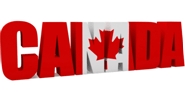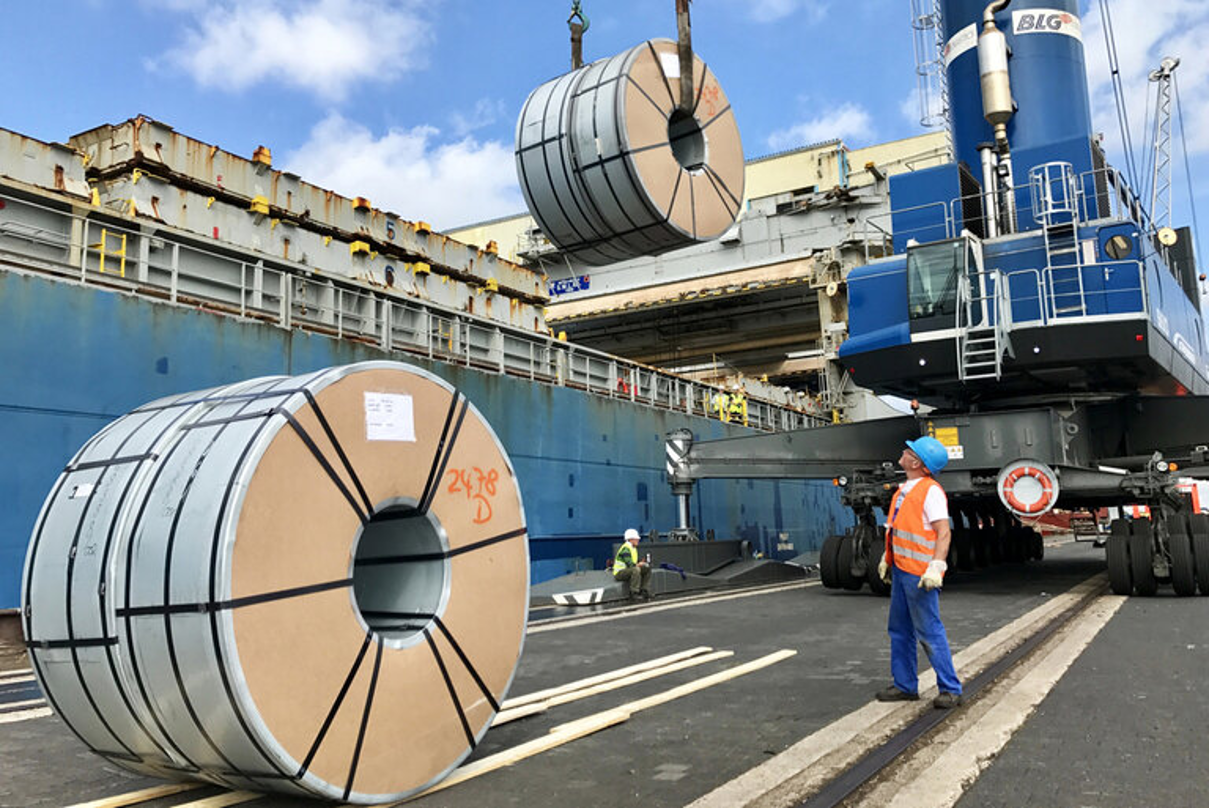Canada

April 28, 2019
USW Opposes Lifting of Canadian Safeguards on Steel Imports
Written by Sandy Williams
Canada will keep safeguard tariffs on imports of heavy plate and stainless steel wire—only two products of the original seven provisional safeguards implemented in October. In April, the Canadian International Trade Tribunal found that imports of hot-rolled steel, pre-painted steel, energy tubular products, rebar and wire rod did not pose a threat of “serious injury” to the domestic industry and recommended that the trade measures be removed on those products.
The Canadian United Steelworkers strenuously oppose terminating the five provisional safeguards.
“This government must not abandon Canadian workers and communities in their hour of need,” said USW National Director Ken Neumann. “Thousands of jobs across the country are now at risk due to the Trudeau government’s failure to maintain safeguards protecting Canada’s steel sector from a surge in foreign imports.”
Neumann says the safeguards were effective in supporting Canada’s steel sector during the last six months and noted that countries around the world have taken similar measures to protect their markets and workers.
“Even with the safeguards in place, market conditions in Canada have deteriorated and approximately 700 of our members have already been laid off,” he said.
The government is launching a 30-day consultation period with businesses to determine whether other protections are required. Neumann says that although the USW will participate, it may be “too little, too late” to avoid a surge in foreign imports.
Removal of the provisional safeguards is also thought to weaken Canada’s position in negotiating the lifting of the Section 232 tariffs imposed on Canadian steel by the U.S.
“We’ve been working tirelessly on both sides of the border to resolve the tariffs issue, but the U.S. administration remains concerned that Canada would appear to be either unwilling or unable to protect its steel market,” said Leo W. Gerard, USW International President.
Removal of the safeguards will also deter investment by Canada’s steel producers, said Neumann.
“Even with the government’s support for investment in the industry, steel companies are not going to invest in their Canadian facilities if Canada does not protect its market,” he said.







